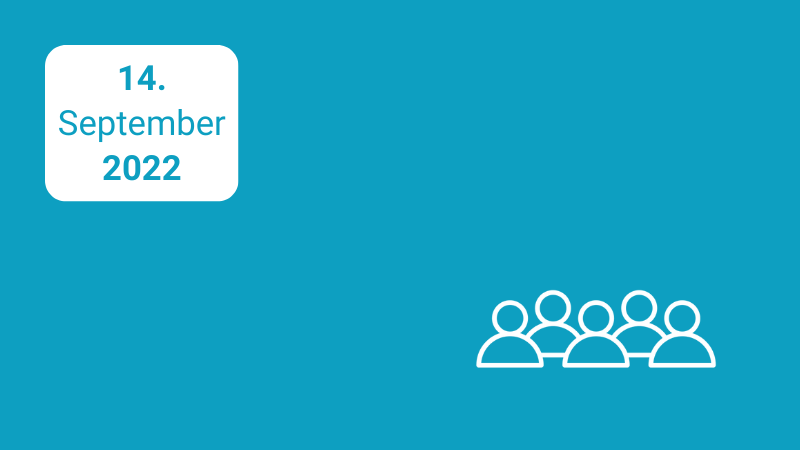In the age of digital transformation, the reflective use of digital data is an area of competence that is increasingly finding its way into educational standards, university curricula and school curricula and is associated with data literacy. Corpora are large collections of digitally available (language) data that serve as the basis for empirically sound analyses in linguistic research. The aim of corpus linguistic work is to gain new insights into patterns, properties and functions of language, for example in lexicography, grammar research and text and discourse analysis. In addition to corpora of written and spoken language, corpora of internet-based communication (CMC corpora for ‘corpora of computer-mediated communication’) have recently been increasingly developed, opening up empirical access to digital communication (for example in Wikipedia, Facebook or WhatsApp).
Goals
In recent years, the realisation has spread that not only researchers can use the well-developed corpus infrastructures for scientific purposes, but that teachers and learners can also benefit from access to corpora when reflecting on language and for purposes of data-supported language analysis in schools and universities or when learning language(s) in foreign language didactics. Corpora are then to be understood as digital educational technologies which
- Enable teachers and learners to work with digital (language) data and to apply digital methods via corpus research software.
- Provide teachers and learners (in the area of CMC corpora) with language data for reflection on digital communication.
The aim of the working group is to systematise approaches and concepts for the use of long-term available corpus infrastructures in teaching and learning in order to develop adequate usage scenarios and teaching and learning materials for different teaching contexts (a. university, b. school, c. non-school foreign language didactics). These materials should be made freely available via suitable platforms (e.g. ORCA.nrw). In the exchange between linguists, practitioners and corpus developers in the working group, desiderata for the further development of digital corpus infrastructures from a decidedly didactic perspective should also be identified.
